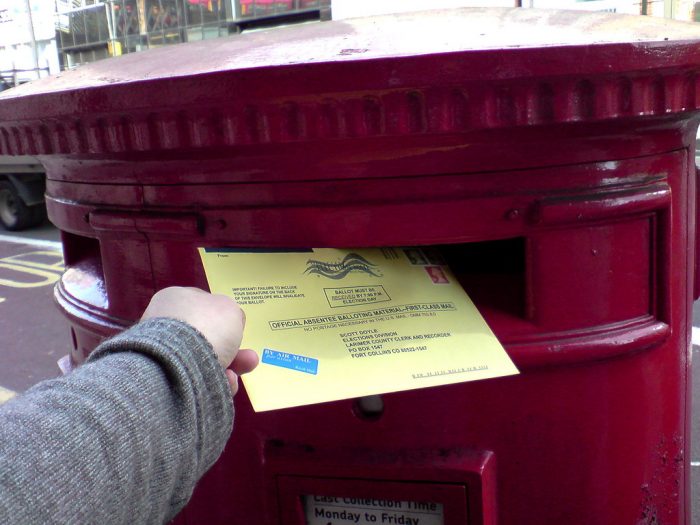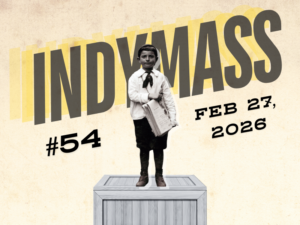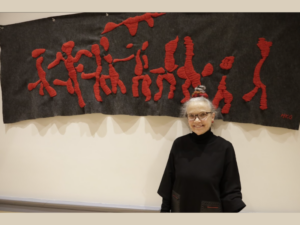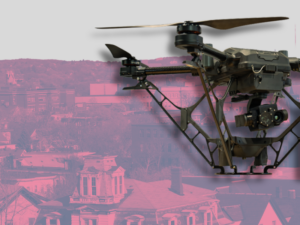Image by knezovjb
“There is a whole other backstory to the races in Wards 5 and 7, as well as in the races for the At-Large seats on the City Council.”
As practically everyone in town knows by now, City Councilor Will Mbah will be facing off against fellow City Councilor Katjana Ballantyne in the November 2 election to determine who Somerville’s next mayor will be. In the Sept. 14 primary, Mbah finished in first place with 30 percent of the vote with Ballantyne finishing a close second with 27.8 percent. Long-time social justice advocate, Mary Cassesso, just barely missed qualifying for the November election as she came within a mere 79 votes of tying Ballantyne for second place.
The clear consensus is that Will, Katjana, and Mary ran honorable campaigns, and that all three put forth consistently progressive positions on the most important issues facing the 80,000 or so residents of Somerville.
And then there is William “Billy” Tauro. To absolutely no one’s surprise, after Tauro suffered a resounding defeat by finishing in last place with only 14.8 percent of the vote in the mayoral primary, he took a page right out of the Trump playbook. He cried “voter fraud.” Rumor has it that Tauro is so determined to “stop the steal” that he drove all the way to Arizona to track down all those votes he claims he was cheated out of.
The only other races that were on the primary ballots last week were those for City Council in Wards 5 and 7. Altogether, out of a total of 58,766 registered votes in Somerville, only a disappointing 15,034 (25.6%) of the electorate cast ballots.
In Ward 5, Tessa Bridge finished first with 43 percent of the vote and will face off in November against Beatriz Gómez Mouakad, who finished second with 40.9 percent. In Ward 7, Judy Pineda Neufeld came out on top with 37.2 percent of the vote. On November 2, she’ll square off against Becca Miller, who came in second with 35.9 percent.
But there is a whole other backstory to the races in Wards 5 and 7, as well as in the races for the At-Large seats on the City Council. As was reported on the front page of the Boston Globe on April 5, the spokesperson of the Boston chapter of the Democratic Socialists of America was quoted as having said that, “Our goal is to take over Somerville and to start implementing a Green New Deal … free transit, defunding the police, creating affordable housing, bringing back rent control…”
With the exception of “defunding the police” – which I addressed at some length elsewhere, none of these reforms are particularly controversial with the majority of the electorate in Somerville. Although pledging to “start implementing” free transit and rent control reveals a basic ignorance about the relationship between the state government and the hundreds of cities, towns, and municipalities in the Commonwealth.
But the main problem here is not with DSA’s ideology or agenda per se (I myself have been a socialist since the early ‘70s). Instead, it has to do with the breathtaking arrogance behind its vow to “take over Somerville.”
However aghast some of the DSA candidates for City Council may have been by the pledge to “take over Somerville,” the fact is that, to the best of my knowledge, not a single DSA candidate for public office in Somerville has publicly criticized or attempted to distance themselves from their sponsoring organization’s openly stated goal.
One can only speculate about why none of them have done so. But one reason may be that the Boston Chapter of DSA has, through emails and other forms of social media, helped to raise considerable amounts of money in the form of campaign contributions for each and every DSA member running in a contested election for the Somerville City Council. Notably, many of these contributions are coming from people who not only don’t live in Somerville, but also from people who may not have ever set foot in our community and know next to nothing about our city.
Perhaps an even more important advantage that the DSA backed candidates have had is the number of out-of-town volunteers that have been coming to Somerville on a regular basis. In fact, at least one van and several carloads of DSAers came all the way from Worcester to go door to door in Ward 7 in support of Becca Miller. Similarly, people in Ward 5 have commented on how many out-of-town volunteers have been knocking on their doors to drum up votes for Tessa Bridge.
While there is nothing illegal or unethical about soliciting and receiving campaign contributions or recruiting volunteers from outside of Somerville, it does raise a number of important questions, such as: Do these DSA volunteers really care about the future of Somerville—or are they mostly trying to increase the visibility, influence, and reputation of the Democratic Socialists of America?
One indication that the Boston chapter of DSA has been stressing the organizational and ideological factors involved in the City Council races in Somerville has been its repeated calls (on its website) to help make Somerville attain “the first socialist majority city council in American history.”
Though somewhat curiously, I have yet to hear any of the DSA candidates for City Council even mention this goal. Perhaps they have concluded that being more forthright about Boston DSA’s strategy would turn off an important segment of Somerville voters. Might this same concern explain why not a single one of the DSA candidates have included their support for the “abolish the police movement” on their campaign websites?
I have no doubt that all of the DSAers running for seats on the City Council are well intentioned people who care about the future of Somerville. But it seems to me that Somervillians need to decide if they want to vote for candidates sponsored by an organization that sees the “takeover of Somerville” as a stepping stone in its organizational and ideological strategy, or vote for the outstanding collection of independent minded progressives who are running for both Ward and At-Large seats on the City Council.
Ken Brociner has lived in Somerville since 1975. His essays, columns, and reviews have appeared in Dissent, In These Times, the Boston Phoenix, and the Somerville Journal, among other publications.








